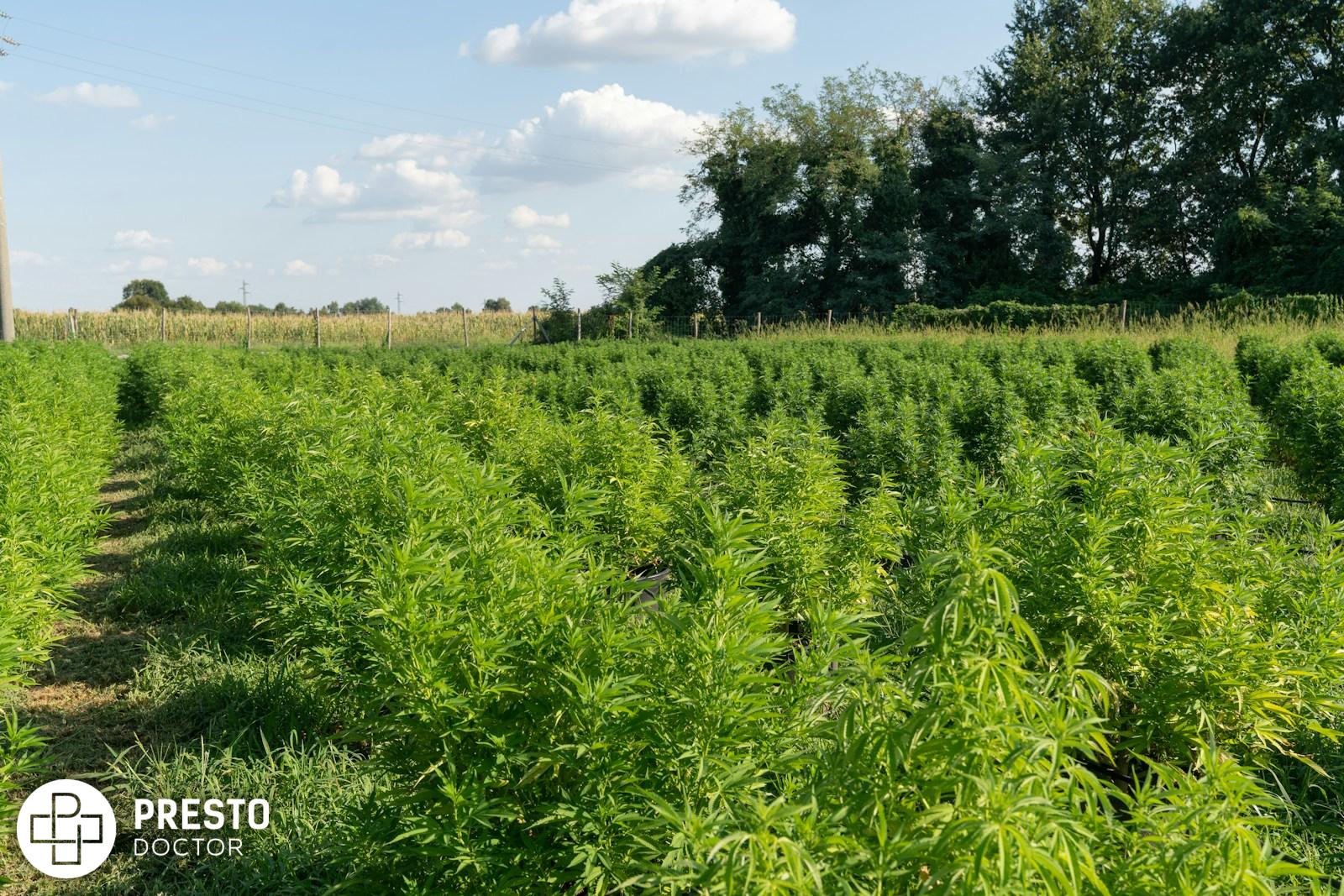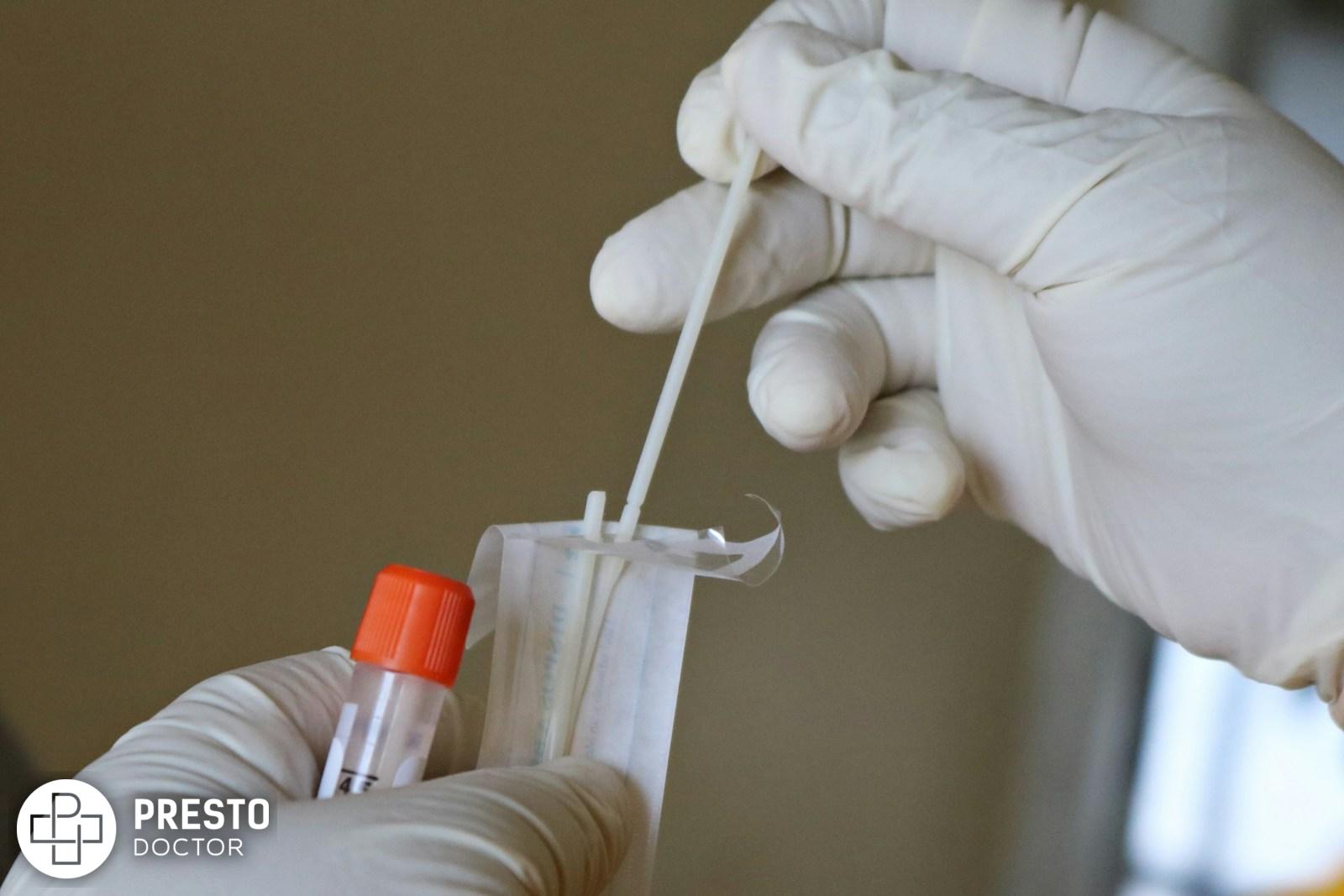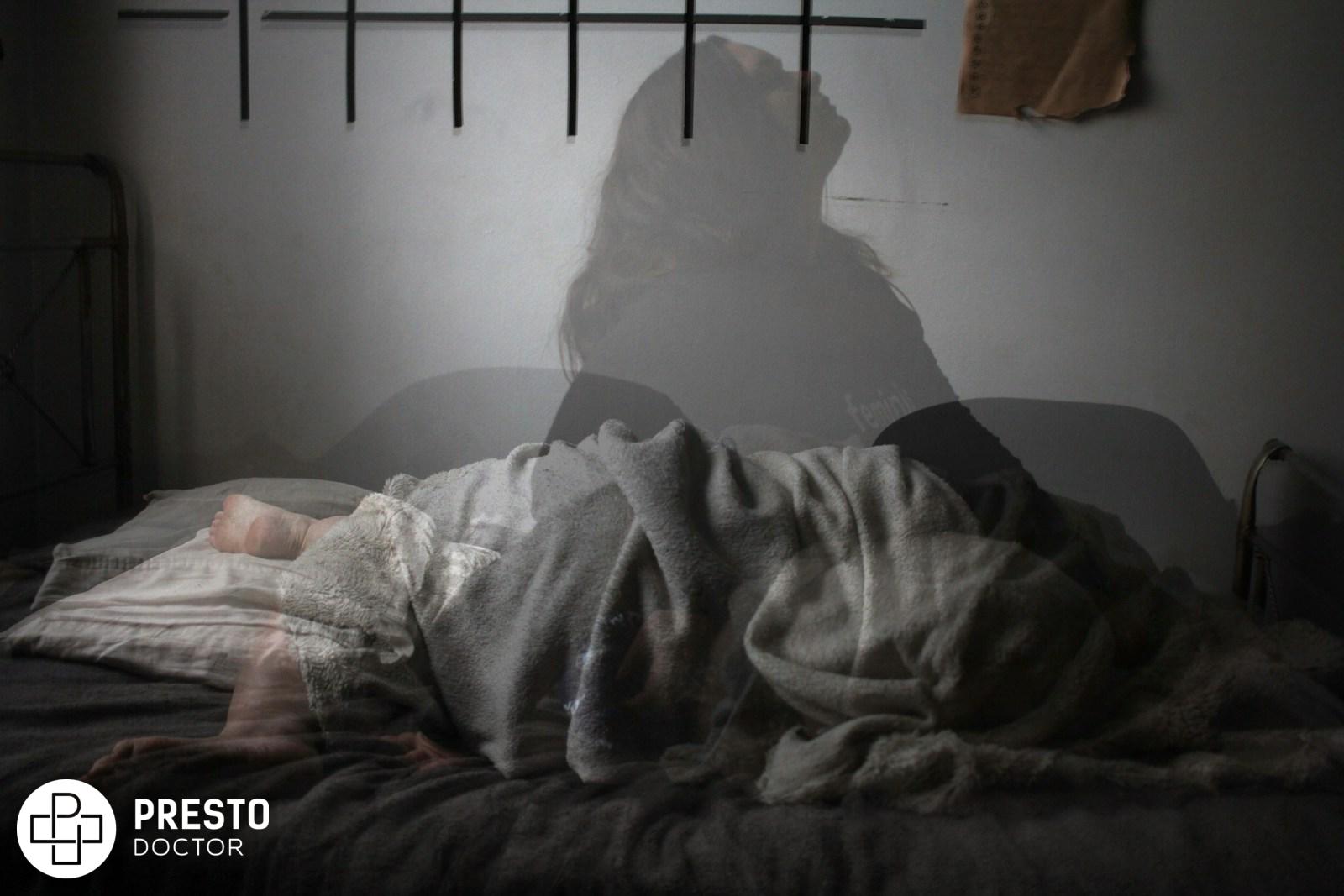
Cannabis and Mental Health Issues
The association between cannabis use and mental health has long been a topic of interest. Research suggests that cannabis can affect various aspects of mental health, including mood, cognition, and behavior. Some individuals may experience adverse effects such as anxiety, depression, psychosis, or even addiction. However, can cannabis be linked to mental health issues?
It’s important to note that not everyone who uses cannabis will develop mental health issues. The risk factors and potential impacts can vary depending on several factors. Factors include age, frequency and duration of use, potency of the cannabis, and individual susceptibility.
Cannabis and Mental Health: The Link
Overview of the Link Between Cannabis and Mental Health Issues
Cannabis, also known as marijuana, has been a topic of debate when it comes to its effects on mental health. While some argue that cannabis has therapeutic benefits, others have concern about the potential negative impact on mental health. Research suggests that there is indeed a link between cannabis use and mental health issues.
Research Studies
Numerous studies have indicated a correlation between cannabis use and mental health issues such as anxiety, depression, and psychosis. A study published in the Journal of the American Medical Association found that cannabis use was associated with an increased risk of developing psychotic disorders, especially in those who started using at a younger age. Another study published in JAMA Psychiatry revealed that heavy cannabis use during adolescence was linked to an increased risk of developing depression and suicidal thoughts in young adulthood.
Additionally, researchers have found that individuals with pre-existing mental health conditions may be more susceptible to the negative effects of cannabis. For example, a study in the journal Addiction showed that individuals with a history of depression who used cannabis had a higher risk of experiencing persistent depression symptoms.
Effects of Cannabis on the Brain and Mental Well-Being
Cannabis contains compounds known as cannabinoids, which interact with receptors in the brain, affecting various cognitive and emotional processes. THC (tetrahydrocannabinol), the psychoactive compound in cannabis, can alter brain function and mood. It can also impair memory, attention, and decision-making abilities.
Regular and heavy cannabis use increases the likelihood of developing mental health disorders. The exact mechanisms are not fully understood. However, cannabis can potentially disrupt the delicate balance of neurotransmitters in the brain. This leads to imbalances that can contribute to mental health issues.
It is important to note that not everyone who uses cannabis will experience mental health problems, and the relationship between cannabis and mental health is complex. Factors such as individual susceptibility, dosage, and frequency of use play a role in determining the impact on mental well-being.
In conclusion, research has shown a link between cannabis use and mental health issues such as anxiety, depression, and psychosis. While cannabis may have potential therapeutic benefits for some individuals, it is important to be aware of the potential risks. This is especially true for those with pre-existing mental health conditions. As with any substance, moderation and informed decision-making are key when it comes to cannabis use.
Common Mental Health Issues Associated with Cannabis Use
While some hail cannabis for its medicinal properties, evidence also links its use to certain mental health issues. Understanding these associations can help individuals make informed decisions about their cannabis use.
1. Anxiety and Panic Disorders
Symptoms and Causes
Persistent feelings of fear, apprehension, and worry characterize anxiety and panic disorders. Common symptoms include excessive sweating, rapid heartbeat, shortness of breath, and a sense of impending doom. While we do not fully understand the exact causes of these disorders, a combination of genetic, environmental, and psychological factors can influence them.
Impact of Cannabis on Anxiety Levels
Cannabis contains compounds called cannabinoids, such as THC (tetrahydrocannabinol) and CBD (cannabidiol), which interact with the brain’s receptors. While CBD has shown potential for its anti-anxiety effects, THC can increase anxiety levels, especially in high doses or in individuals prone to anxiety.
Association Between Cannabis and Anxiety Disorders
Several studies have explored the relationship between cannabis use and anxiety disorders. Some research suggests that regular cannabis use may increase the risk of developing or exacerbating anxiety disorders. However, other studies have found no significant association or even potential therapeutic benefits for certain individuals.
It’s important to note that individual responses to cannabis can vary widely. Factors such as dosage, strain, method of consumption, and an individual’s underlying mental health can all influence the effects of cannabis on anxiety.
2. Depression
Symptoms and Causes
Depression is a mood disorder that characterizes persistent feelings of sadness, hopelessness, and a loss of interest in activities. Symptoms may include changes in appetite, sleep disturbances, fatigue, difficulty concentrating, and thoughts of self-harm. The exact causes of depression are complex, involving a combination of genetic, biochemical, and environmental factors.
Impact of Cannabis on Depressive Symptoms
While some individuals may use cannabis as a means of self-medication for depression, research on its effects yields mixed results. Some studies suggest that cannabis use may provide temporary relief from depressive symptoms. Others indicate that it may exacerbate depressive episodes and increase the risk of developing or worsening depression.
Again, individual factors and the specific properties of the cannabis consumed are important considerations that can influence the relationship between cannabis use and depressive symptoms.
3. Psychosis
Psychosis refers to a severe mental health condition characterized by a loss of touch with reality. Symptoms may include hallucinations, delusions, disorganized thinking and speech, and impaired functioning. While the exact causes of psychosis are not fully understood, both genetic vulnerabilities and environmental factors can play a role.
Research suggests that prolonged and heavy cannabis use, particularly in individuals with a predisposition to psychosis or a family history of psychotic disorders, may increase the risk of developing psychotic symptoms. However, it is important to note that cannabis alone is unlikely to cause psychosis, and its effects are more pronounced in susceptible individuals.
Considerable evidence has linked cannabis use to an earlier onset of psychosis in individuals with genetic risk factors for psychotic disorders, including schizophrenia. It has also been found to worsen symptoms in people who already have these conditions. Additionally, there is evidence suggesting a link between cannabis use and other mental illnesses, as well as self-harm, including suicidal thoughts and behaviors. However, it is important to note that while individuals with mental illnesses are more likely to use cannabis, we need more research to understand the relationship between mental illness symptoms and cannabis use.
Understanding the potential mental health implications of cannabis use is crucial for individuals considering or currently using cannabis. It is best to consult with a healthcare professional to assess individual risks. With a healthcare professional, you can make informed decisions based on personal circumstances.
Benefits of Cannabis on Mental Health
Here’s a more specific look at the potential therapeutic benefits of cannabis for certain mental health conditions:
- Post-Traumatic Stress Disorder (PTSD):
- Whole-Plant Cannabis: Some individuals with PTSD report symptom relief with whole-plant cannabis products containing both THC and CBD. THC can potentially help in managing nightmares and intrusive thoughts, while CBD may help with anxiety.
- Chronic Pain and Sleep Disorders:
- Pain Management: Cannabis may provide relief for individuals suffering from chronic pain conditions, which can, in turn, alleviate symptoms of depression and anxiety often associated with chronic pain.
- Sleep Improvement: Cannabis may also help some individuals with sleep disorders like insomnia by promoting relaxation and pain relief.
- Epilepsy and Seizures:
- CBD-Enriched Products: CBD has received FDA approval for the treatment of certain forms of epilepsy, such as Dravet syndrome and Lennox-Gastaut syndrome. It can significantly reduce the frequency and severity of seizures in these cases.
- Substance Use Disorders:
- Harm Reduction: Cannabis can serve as a harm reduction tool for individuals struggling with more harmful substances, such as opioids or alcohol. It may help reduce withdrawal symptoms and cravings.
It’s crucial to approach the use of cannabis for mental health with caution and under the guidance of a healthcare professional, especially if you have pre-existing mental health conditions. Potential risks associated with cannabis use include increased anxiety, paranoia, cognitive impairment, and addiction, particularly with high-THC strains.
Conclusion
Researchers have identified several factors that influence the relationship between cannabis use and mental health. These include the amount and frequency of drug consumed, the potency of the cannabis product in terms of THC content, the type of cannabis product used, and the age at which a person first started using cannabis. Furthermore, various genetic, environmental, and social factors that influence mental health also play a role in determining the likelihood of cannabis use. Therefore, prospective, longitudinal research is necessary to determine the extent to which cannabis may cause or contribute to poor mental health outcomes.
Research has shown that cannabis use is associated with an increased risk of an earlier onset of psychotic disorders, particularly in individuals with a family history. Cannabis intoxication can also lead to temporary psychotic episodes, especially at high doses, and experiencing such an episode may increase the risk of developing a psychotic disorder later on. Genetic factors may also influence this relationship.
The relationship between cannabis use and other mental illnesses is less clear. Some studies have indicated an increased risk of depression among those who use cannabis during adolescence. Additionally, research has found a link between cannabis use and suicidal thoughts and behaviors in teenagers and military veterans in the United States. However, further research is needed to fully understand this relationship.







